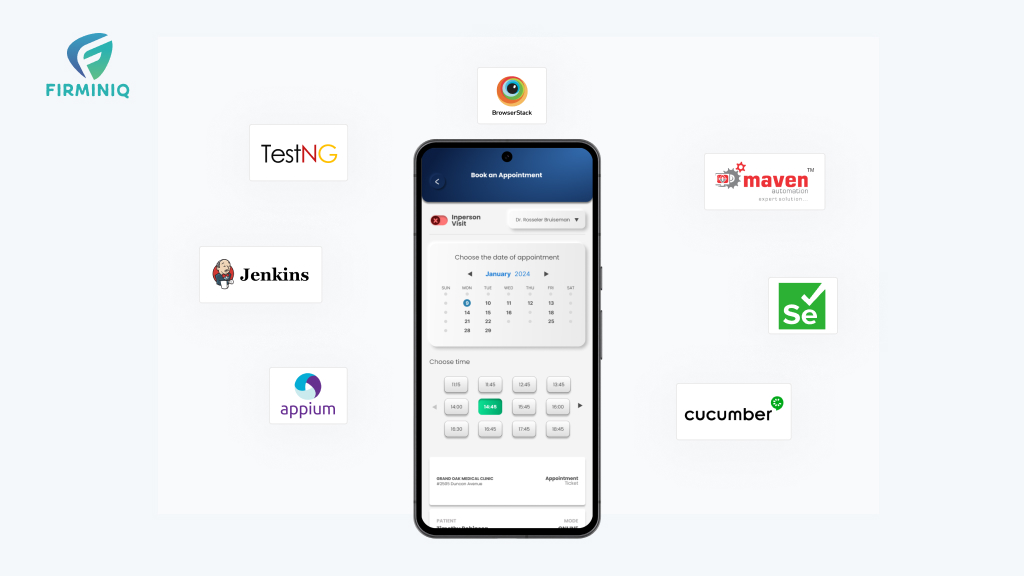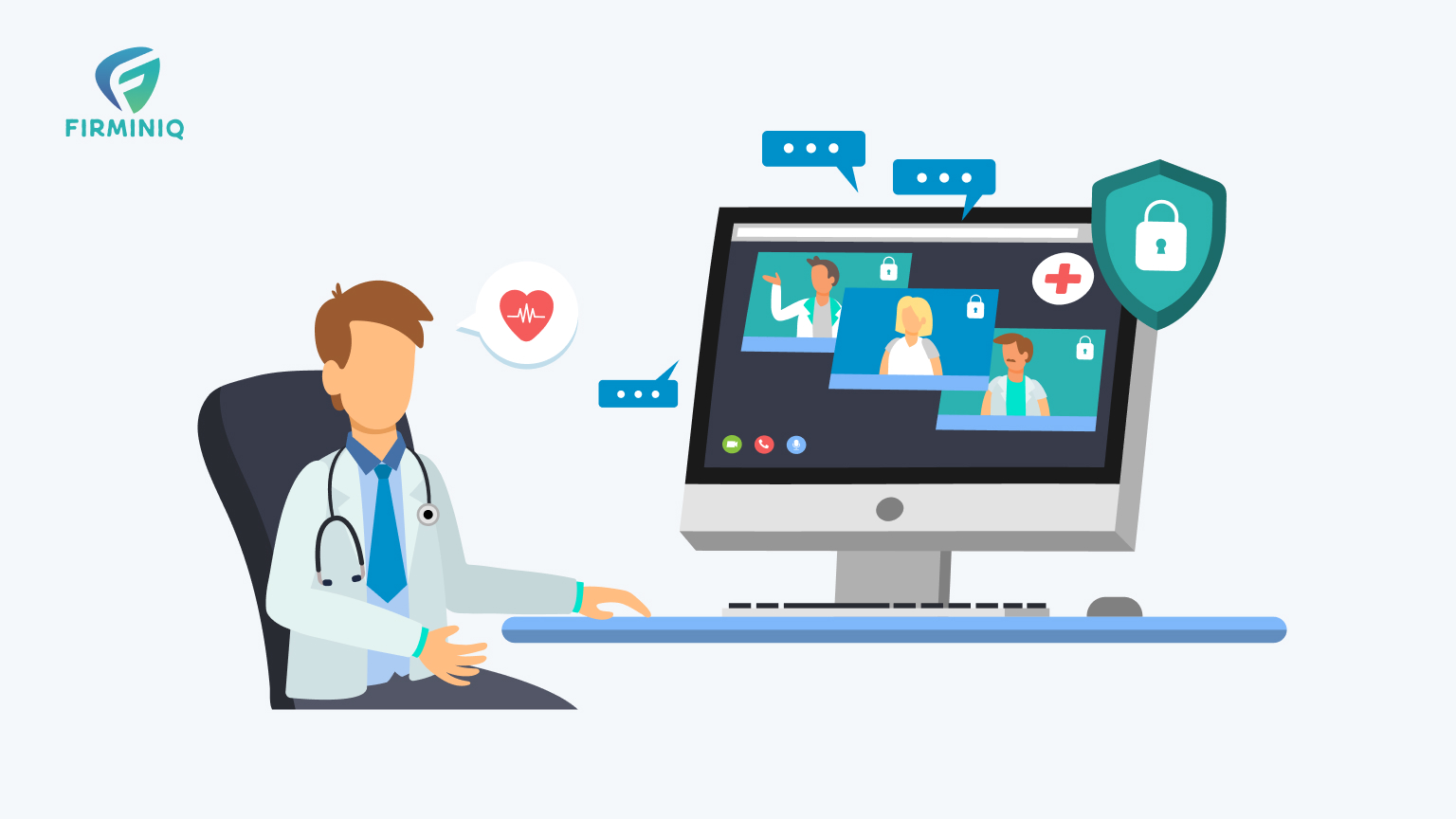In the ever-evolving landscape of healthcare, the adoption of cloud environments, such as AWS, has introduced transformative opportunities alongside the pressing need for heightened security and regulatory adherence. One paramount aspect in this digital healthcare era is the meticulous practice of auditing, particularly within the AWS ecosystem.
Imagine a healthcare infrastructure seamlessly woven into the fabric of the cloud, where patient data flows securely and health services are delivered with unprecedented efficiency. In this dynamic environment, where sensitive medical information is exchanged, the importance of robust auditing becomes even more pronounced.
Consider a scenario of a healthcare organization leveraging AWS services to store, process, and transmit patient records. The stakes are inherently high, with the sensitivity of healthcare data reaching critical levels. Regulatory frameworks, exemplified by the Health Insurance Portability and Accountability Act (HIPAA) in the United States, impose stringent requirements on safeguarding and privacy of patient information.
Against this backdrop, auditing emerges as a linchpin in ensuring the integrity, confidentiality, and compliance of healthcare data within AWS. The ability to trace every interaction, access, and modification to healthcare records becomes imperative. Auditing acts as a guardian, offering a comprehensive trail of events that not only aids in ensuring data security but also plays a pivotal role in meeting regulatory obligations.
Importance of Auditing in Healthcare
1. Data Security and Privacy: Auditing helps ensure that patient data is adequately protected, accessed only by authorized personnel, and remains confidential. It helps in identifying unauthorized access or breaches.
2. Compliance Requirements: Healthcare organizations must adhere to regulatory standards like HIPAA, which mandate regular auditing of systems and processes to maintain compliance.
3. Risk Mitigation: Auditing helps in identifying vulnerabilities, security gaps, or unusual activities, allowing organizations to take proactive measures to mitigate risks.
Auditing Tools in AWS for Healthcare
As the healthcare industry increasingly embraces digital transformation, safeguarding patient data becomes paramount. AWS, as a cloud service provider, offers a suite of powerful auditing tools tailored to meet the unique needs of healthcare organizations. Let’s delve into these tools, understanding their significance and the benefits they provide for securing and auditing healthcare data.
AWS Auditing Tools for Healthcare
1. AWS CloudTrail
Benefits for Healthcare Data:
Granular Visibility: CloudTrail provides a detailed history of AWS API calls, offering granular visibility into who accessed the healthcare data, what actions were performed, and when.
Audit Trail for Compliance: Ensures compliance with regulations like HIPAA by maintaining an immutable audit trail, allowing healthcare organizations to demonstrate adherence to data security standards.
2. Amazon CloudWatch Logs
Benefits for Healthcare Data:
Real-time Monitoring: CloudWatch Logs enable real-time monitoring of logs related to healthcare data, offering insights into access patterns and system behavior.
Threat Detection: GuardDuty employs machine learning to detect anomalous and potentially malicious activities, providing real-time threat detection for healthcare data.
Resource Tracking: AWS Config maintains a detailed inventory of AWS resources, tracking changes to these resources over time, including healthcare data storage.
Change Management: Ensures that any modifications to healthcare data resources are documented, aiding in change management and compliance with regulatory requirements. Logging and Monitoring in AWS for Healthcare:
5. CloudWatch Logs
In the dynamic landscape of healthcare, where the security and integrity of patient data are paramount, effective logging and monitoring practices are indispensable. AWS provides robust tools, and among them, CloudWatch Logs emerges as a crucial component for healthcare organizations to centralize, analyze, and monitor log data.
Benefits for Healthcare Data:
Centralized Log Management: CloudWatch Logs serves as a centralized repository for logs generated by various AWS services, including those associated with healthcare data.
Real-time Visibility: Enables real-time monitoring of logs, allowing healthcare organizations to promptly detect and respond to any unusual activities or security-related events.
Custom Log Analysis: Supports custom log analysis, empowering healthcare providers to define specific log patterns or events of interest and create alarms for immediate notification.
Scalable and Cost-Efficient: With CloudWatch Logs, healthcare organizations can effortlessly scale log storage based on their evolving needs while benefiting from a cost-efficient pay-as-you-go model.
6. Compliance Checks:
Compliance checks in AWS are vital for healthcare organizations managing sensitive patient data. While AWS provides foundational tools for compliance, considering additional third-party tools becomes essential to address specific use cases and enhance the overall compliance posture.
AWS Native Tools for Compliance Checks
AWS Config
Why Consider: AWS Config continuously monitors AWS resource configurations, offering insights into changes made over time. It aids in maintaining compliance by tracking deviations from established configurations.
AWS Security Hub:
Why Consider: Security Hub aggregates and prioritizes security findings from various AWS services, providing a centralized view of security posture. It streamlines compliance checks by offering actionable insights.
AWS Provides a Foundation
AWS provides foundational tools for compliance checks, yet the complex and evolving nature of healthcare regulations necessitates a holistic approach. Third-party tools, with their specialized capabilities, can complement AWS native offerings, filling potential gaps and providing a more nuanced understanding of compliance in healthcare settings.






